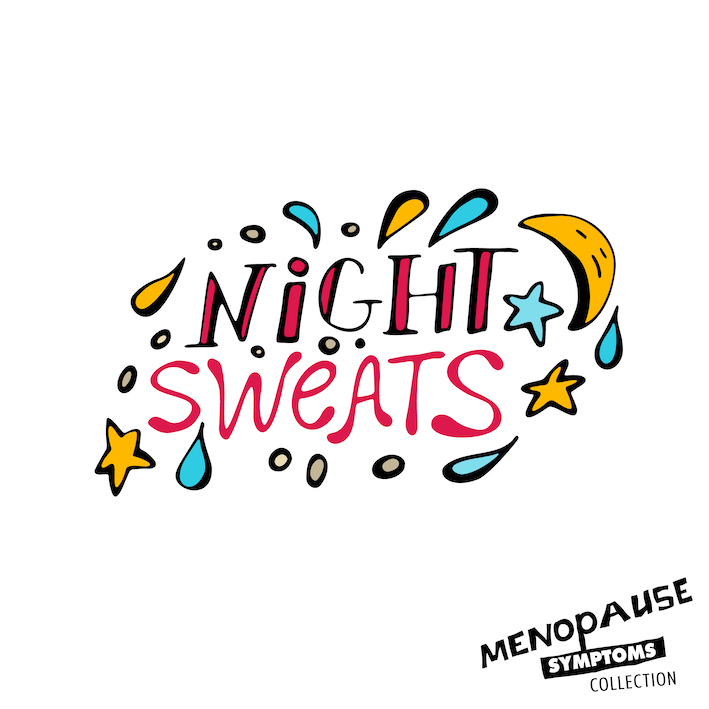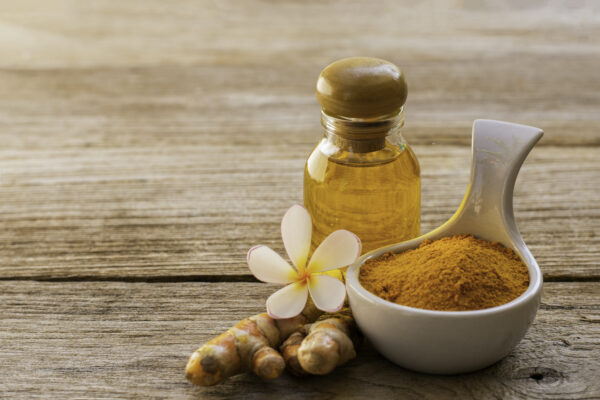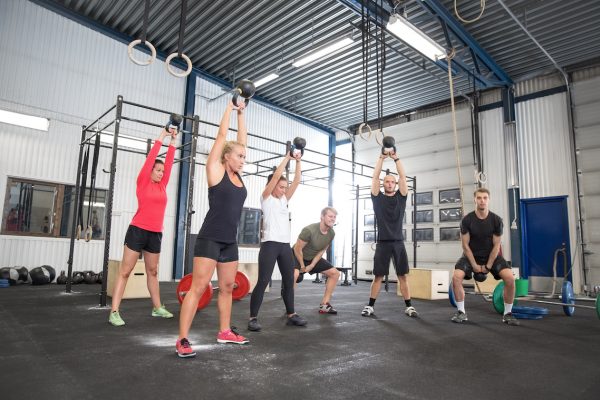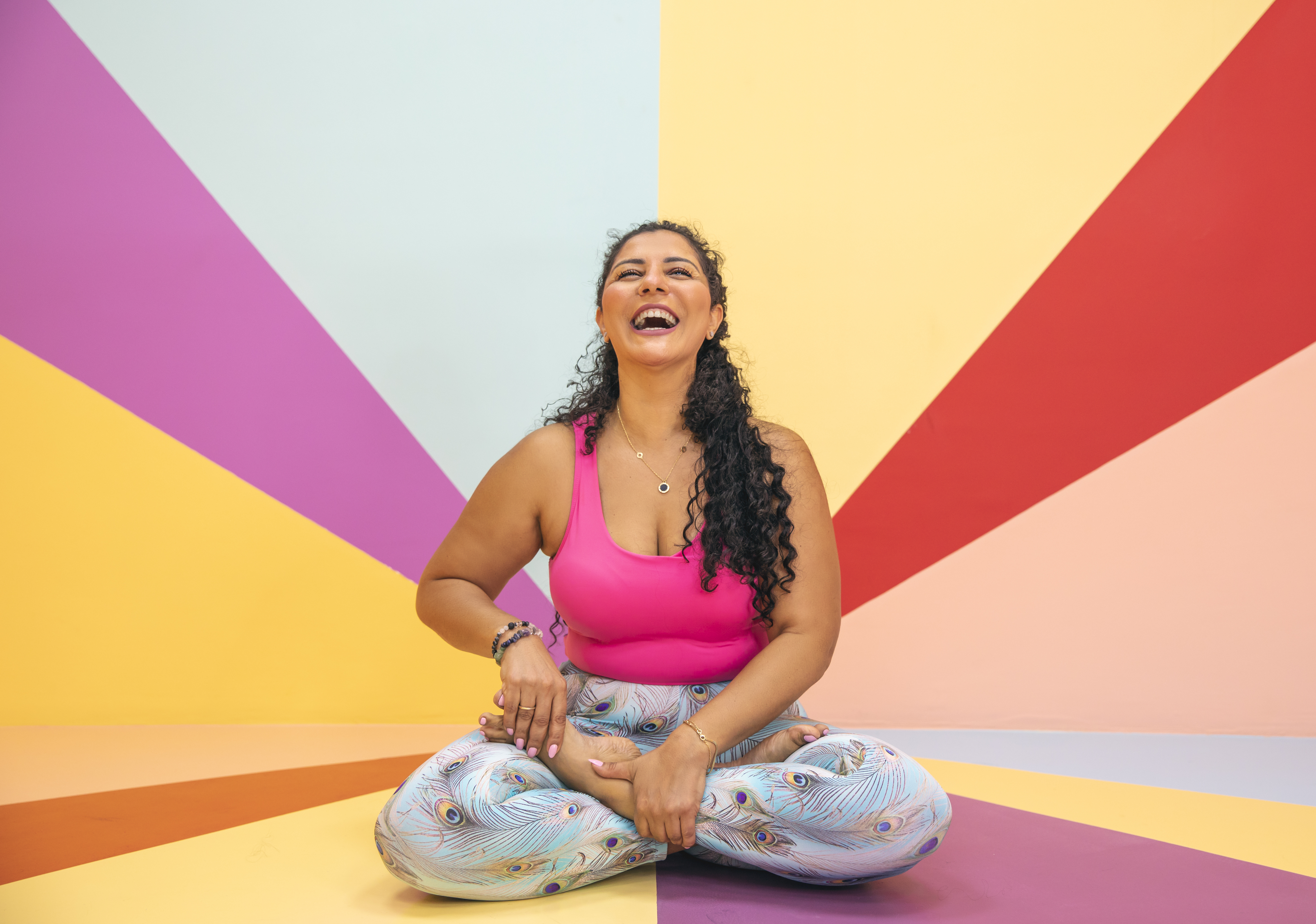What is a hot flush?
Hot flushes occur in about 70 to 85 % of all perimenopausal women, and typically feel like a sudden sensation of ‘getting hot and sweaty’ that can become quite severe all over the face, head and chest area. Your face may become red, your heart rate increase, you may start sweating heavily and feel tingling in your hands and you may even feel nauseous. They can last 7 to 10 years – or longer – into the post menopausal stage – even women in their 70s report the odd hot flash.
Why do you get them?
Hot flushes are generally triggered by a fall in oestrogen and a rise in FSH (folicle stimulating hormone), and often start just before or during menstruation in perimenopause, although some women still experience them after menopause. They can also affect women who have had a hysterectomy or a chemical menopause, for example with women taking tamoxifin for cancer therapy.
What can you do about them?
Hot flashes can be really debilitating, affecting your confidence, self esteem, and they can stop you sleeping well, which can really affect your mental well being and ability to think straight in the daytime.
BUT THERE IS HOPE – THERE ARE STEPS YOU CAN TAKE to help alleviate hot flashes and night sweats.
- Keep a hot flush diary – noting down what you’ve had to eat, how stressful the day was, how much activity you did…and note when hot flushes occur – is there a link? (I know for me I get night sweats if I’ve had too much alcohol, or have been through a particularly stressful period and haven’t decompressed properly from that time).
- Swap caffeine for herbal teas – especially later in the day, as these can be triggers.
- If you take medication, check to see if these episodes could be side effects; if so discuss this with your GP to see if there’s an alternative.
- Other reported triggers include smoking, spicy foods and alcohol, so avoid these if possible.
- Including phytoestrogens in your diet can be helpful, eg legumes, fermented soy, lentils, peas and chickpeas – however for some women these can cause bloating / gas, so decide whether these are a good fit for you. Flaxseeds have also been know to help reduce symptoms.
- There are supplements available which claim to help with symptoms – eg black cohosh, dong quai and agnus castus – but discuss this with your GP first, as they are not suitable for everyone.
- HRT has been helpful for women in helping to reduce hot flushes: if this is a route that interests you, talk to your GP about the pros and cons.
- Weight is another key area which can be linked to hot flushes – maintaining a healthy weight can also help with many other menopausal symptoms.
- If night sweats disrupt your sleep, try a cool shower before bed, and spray the top sheet of your bed with water. Cool the bedroom before bedtime. Hot flushes are a good excuse to sleep naked – if that’s not your thing then wear light cotton which helps the body breathe.
Hot flushes are different for every woman – so if yours are not severe and you’re okay with them, then see them as your mid life ‘power surge’ ?!




